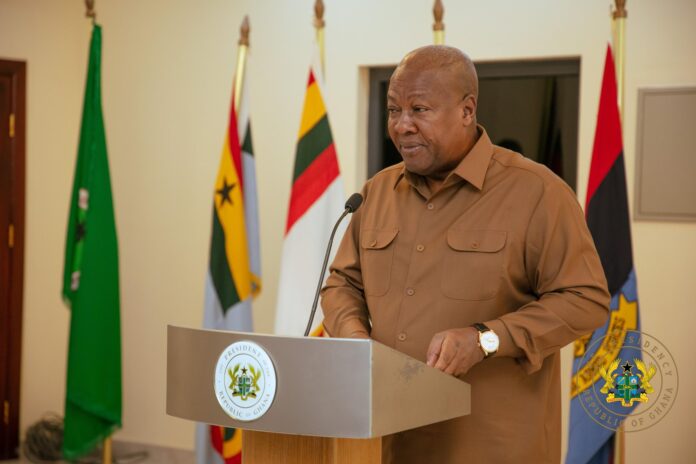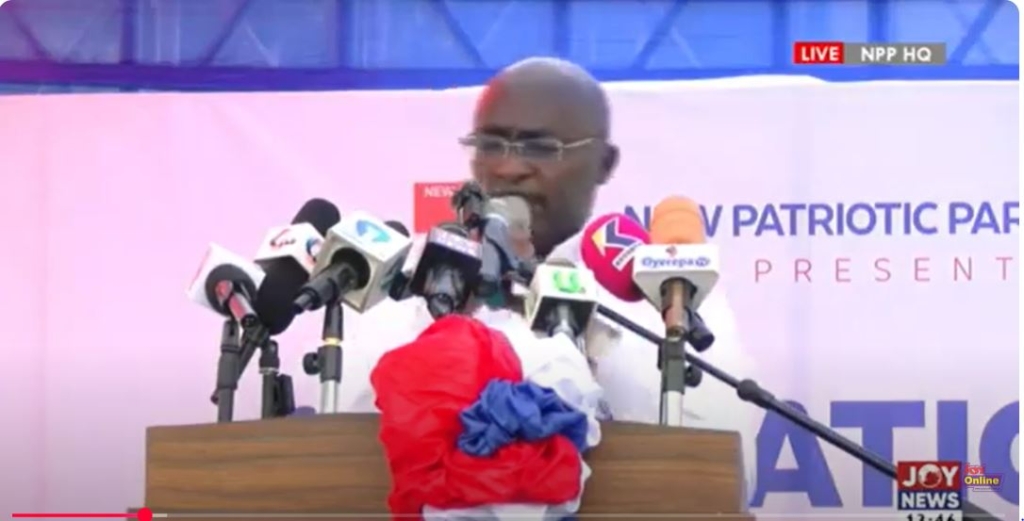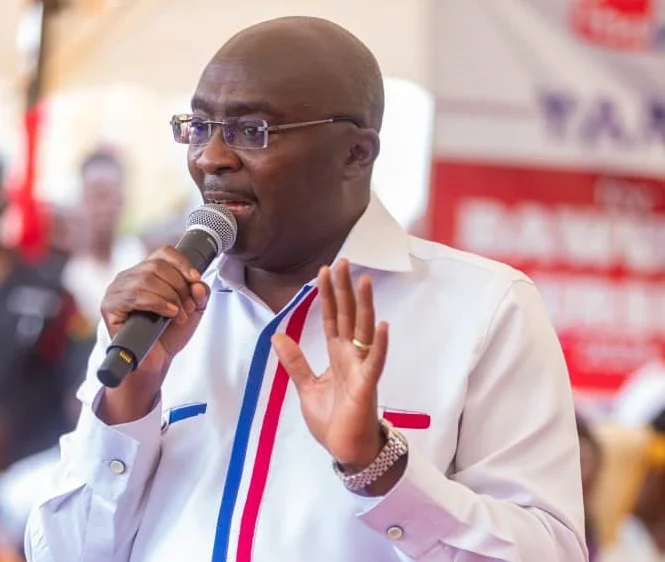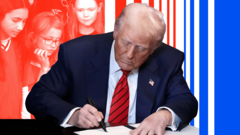The Centre for Democratic Movement (CDM) has called for action following the United States’ imposition of a 10% tariff on Ghanaian exports, warning that the decision could unravel years of economic progress, cripple key industries, and plunge thousands of Ghanaians into financial insecurity.
In a statement titled “Ghana Must Respond Strategically to U.S. 10% Tariff: A Patriotic Call to Protect Our Economy and People”, the non-partisan policy and governance think tank described the U.S. policy as “not merely a trade issue, but a bread-and-butter issue” with grave consequences for cocoa farmers, garment workers, small businesses, and Ghana’s overall economic health.
“This is a test of Ghana’s resilience, strategic foresight, and unity of purpose,” CDM stated, rejecting the notion that the U.S. tariffs—purportedly in response to Ghana’s average 17% tariffs on U.S. goods—are justifiable under existing bilateral and multilateral agreements.
The Centre questioned the legality and fairness of the U.S. decision, especially given Ghana’s status under the African Growth and Opportunity Act (AGOA), a U.S. trade preference programme offering duty-free access to thousands of African exports. Ghana, CDM argued, has consistently fulfilled its obligations under AGOA and has not been formally removed from its benefits by the U.S. Congress.
“If AGOA has not been revoked, then a blanket 10% tariff contradicts both the spirit and letter of the agreement,” CDM argued. “It undermines the trust and mutual respect that have long defined U.S.-Ghana trade relations.”
Citing sector-specific impacts, the group warned that about 30% of Ghana’s cocoa exports—particularly processed products like cocoa powder and paste—now risk reduced demand in the U.S. market. “This will hurt cocoa processors and, indirectly, millions of smallholder cocoa farmers,” the statement said.
The apparel sector, already one of the country’s few growing industrial employers, is also in danger. “With over 5,000 young people employed in Ghana’s apparel industry, these tariffs will threaten contracts and jobs. Market access will shrink, and factories may shutter,” CDM cautioned.
The Centre called the situation a direct threat to national development, urging the government to go beyond diplomatic niceties. “This is not a time for partisanship, blame, or bureaucracy. We must defend Ghana’s economic sovereignty with clarity, maturity, and resolve.”
In outlining a comprehensive five-point response, CDM urged the government to:
- Initiate high-level diplomatic talks with the U.S. Trade Representative and Congress to seek AGOA exemptions or clarification.
- Fully activate Ghana’s AfCFTA strategy to reduce overreliance on U.S. markets and expand intra-African trade;
- Consider dispute resolution through the World Trade Organization (WTO) if diplomacy fails;
- Establish a National Export Adjustment Facility, funded by petroleum windfalls, to cushion affected exporters; and
- Accelerate value addition and agro-processing under Ghana’s One District, One Factory (1D1F) initiative.
“It is time for Ghana to lead by example—not just as the host of the AfCFTA Secretariat but as a resilient African economy charting its own course,” the Centre declared.
The statement concluded with a patriotic call for unity. “The livelihoods of cocoa farmers in Sefwi, garment workers in Tema, and shea processors in Tamale are on the line. Let our response be driven by law, diplomacy, and the collective good of the Republic. Ghana first. Always.”
As the country faces what CDM describes as “a turning point,” the group reaffirmed its commitment to non-partisan policy advocacy and democratic accountability.
“We have overcome greater challenges before. With clarity of vision, unity of purpose, and courage of conviction, we shall prevail again.”
DISCLAIMER: The Views, Comments, Opinions, Contributions and Statements made by Readers and Contributors on this platform do not necessarily represent the views or policy of Multimedia Group Limited.





















